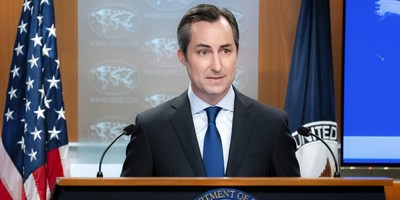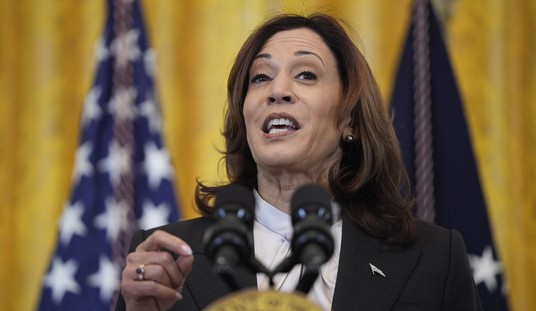“I’m from the government, and I’m here to help.” Ronald Reagan called those “the nine most terrifying words in the English language” -- and with good reason. Nowhere do we see good intentions go awry more regularly than in the hallowed halls of government.
Case in point: bank fees. You’ll likely be paying more in the coming months, if you’re not already, for many ordinary transactions. Banks are looking at how they can slap additional fees on credit cards and checking accounts, as well as ways to make more money from ATMs and debit-card purchases.
Why? No, it’s not old-fashioned greed. After all, these institutions are competing with each other for your business. They want to attract customers. Unfortunately, though, they’re coping with the fact that last year’s much-heralded financial “reform” legislation -- better known as Dodd-Frank, after its congressional champions -- is dictating what they can and can’t charge for certain transactions.
As part of Dodd-Frank, The Wall Street Journal recently noted, the Federal Reserve has proposed limiting what banks can charge for debit-card purchases, from an average rate of 44 cents a transaction, to seven to 12 cents -- a drop of as much as 84 percent.
Great, you may be saying, I’d like to pay less. But banks can’t, and won’t, just kiss this revenue goodbye. The amount being reduced goes to the financial institution that issues the card, and the loss of this income may cause certain card issuers to either drop their cards or limit their availability.
Recommended
That’s why these institutions are looking at other ways to make up the lost funds. “We don’t want to raise fees on our customers, but unfortunately, regulation is forcing us to do it,” a spokeswoman for Chase bank told the Journal.
One of the stated purposes of Dodd-Frank was “to protect consumers from abusive financial services practices.” Debit-card fees aren’t fun, but they’re hardly abusive. And even if they were, now we have government trying to “protect” us in typically inept fashion. We’ll wind up paying as much as before, if not more, just at different times and for different reasons.
Thanks for the “help,” Uncle Sam. Government to the rescue, huh?
The problems with Dodd-Frank don’t end there. The law also created a Bureau of Consumer Financial Protection, which, we were told, would protect consumers from unfair practices. But the new bureau is no mere watchdog. It has broad powers to limit the financial products and services that banks can offer consumers. Yes, the government will “protect” you by limiting your access to certain financial products, even in situations where you know and understand the risks.
Making credit more expensive and harder to get is not exactly a help to consumers. But that’s the practical effect of Dodd-Frank.
Worse, we won’t know the full impact of the legislation for some time to come. It required nearly a dozen government agencies to write hundreds of rules, reports and studies -- and, as they say, the devil’s in the details. In an effort to get some handle on the impending costs, House Republicans recently asked nine of these agencies to detail how much it will cost them to enforce Dodd-Frank.
“It is our responsibility to ensure that federal agencies have the tools they need to carry out congressional mandates,” House Financial Services Chairman Spencer Bachus (R-Ala.) and Rep. Randy Neugebauer (R-Texas) told regulators. “In addition, it is our responsibility to ensure that mandates are not overly burdensome or wasteful of taxpayer money.”
Indeed it is. Here’s another tip: Stop being so “helpful.” Our wallets really can’t take much more.

























Join the conversation as a VIP Member